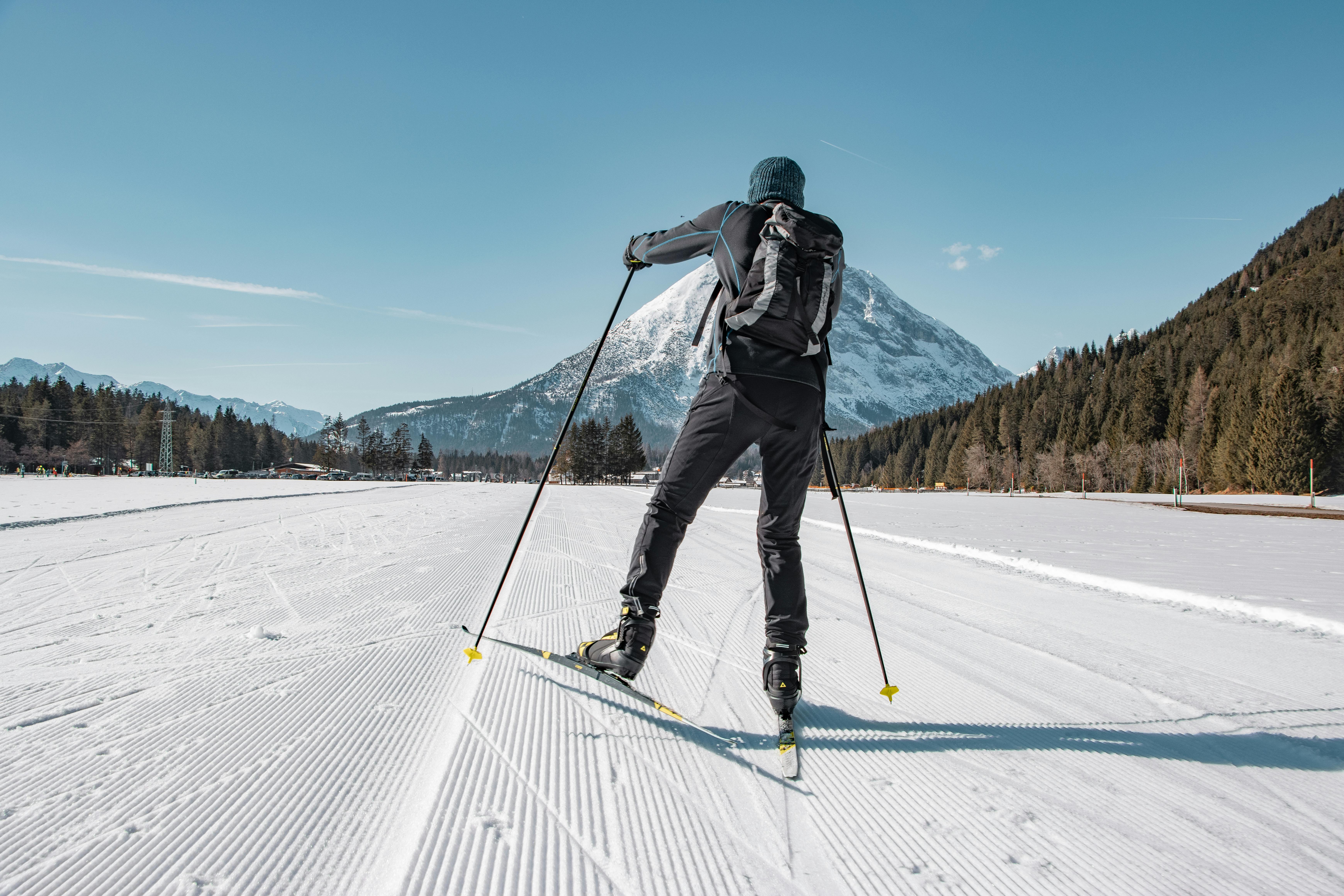Top 10 Practical Ways to Manage Allergies: Effective Solutions for Relief in 2025

Top 5 Effective Methods to Stop Sneezing: Discover Proven Strategies for Relief in 2025

Sneezing can be a bothersome symptom caused by various factors ranging from allergies to environmental irritants. In this article, we will explore effective sneezing remedies that not only help alleviate this reflex action but also assist in understanding the underlying causes. If you're looking for comprehensive allergy treatments and effective methods to manage sneezing, especially in this year of 2025, you've come to the right place. Let's dive into proven strategies for relief.
Sneezing Remedies You Can Try
There are several effective **sneezing remedies** available to help manage this common reflex. These remedies can range from pharmacological options like **antihistamines** to natural solutions. Depending on the cause of your sneezing, some methods may prove more effective than others. Understanding various **sneezing triggers** such as pollen, pet dander, and irritants in the environment is vital for effective management.
1. Antihistamines and Nasal Decongestants
One of the most common sneezing remedies involves the use of **antihistamines** which work by blocking the action of histamines that cause sneezing during allergic reactions. These can be found over-the-counter or prescribed by your healthcare professional depending on the severity of your symptoms. In addition, **nasal decongestants** can help relieve nasal congestion that often accompanies sneezing, providing a more comfortable breathing experience. Always consult a doctor for suitable dosage and frequency.
2. Saline Nasal Spray Usage
Using a **saline nasal spray** can be an effective way to soothe the nasal passages, helping clear irritants and allergens. A few sprays throughout the day can moisturize the nasal lining and reduce congestion. This simple act helps promote better nasal health while lessening the urge to sneeze due to dryness or irritation.
3. Avoiding Allergens
Minimizing exposure to known **sneezing triggers** such as dust mites, pollen, and pet dander is essential. Regular cleaning practices, using air purifiers, and keeping windows closed during high pollen counts can significantly reduce allergen presence. For those sensitive to specific environmental factors, wearing protective clothing or tucking in sleeves when outdoors may offer additional protection.
Maintaining Indoor Air Quality
Keeping your indoor air quality clean and allergen-free greatly impacts your respiratory health and may help mitigate sneezing. Implementing practices that promote a healthy living environment is critical for managing sneezing and other allergic reactions.
1. Utilizing Air Purifiers
Installing **air purifiers** equipped with HEPA filters can significantly reduce airborne allergens, thereby curbing sneezing. These devices capture pet dander, pollen, and dust particles, making your indoors a safe haven against common allergens. Regularly replacing and maintaining these filters ensures they function optimally.
2. Proper Hydration and Humidifier Use
Staying **properly hydrated** is crucial; water assists in maintaining mucus membranes in the nasal passages. Supplementing hydration with **humidifier use** helps keep the air moist, which is essential particularly in winter months when indoor air tends to be dry. This moisture can help reduce the reflex networks of sneezing triggered by dryness in the thracheobronchial tract.
3. Cleaning Practices
Adopting effective **cleaning practices**, including regular vacuuming with HEPA filters, can drastically reduce dust levels in your home. This is imperative if you suffer from specific allergies, as keeping your living space free from dust and mold is crucial to ensuring you minimize allergen exposure.
Behavioral Changes for Sneezing Relief
Several life-enhancing changes can provide relief from sneezing and improve your overall health. Incorporating lifestyle adjustments affects not just sneezing frequency but also your immune resilience.
1. Regular Exercise and Healthy Diet
Engaging in regular physical activity can boost your immune system, making your body more resilient to allergens. Coupled with a healthy diet rich in **anti-inflammatory foods**, such as leafy greens and nuts, you can comprehensively combat the body’s inflammatory responses that often lead to sneezing. Increasing your **vitamin C intake** through fruits helps support immune health as well.
2. Mindfulness Techniques for Stress Reduction
It’s well-documented that stress can exacerbate allergic reactions and **sneezing triggers**. Incorporating mindfulness techniques into your daily routine can improve your stress management. Consider practices like yoga, meditation, or deep breathing exercises, which may help in calming your immune response during allergy seasons.
3. Consulting Healthcare Professionals
If sneezing persists despite your efforts to manage it, it's essential to seek guidance from healthcare professionals. They can provide insights into possible underlying conditions causing chronic sneezing and recommend personalized treatment plans such as **allergy shots** or advanced therapies.
Key Takeaways
- Identify and avoid specific **sneezing triggers** for better control.
- Maintain good indoor air quality to alleviate symptoms.
- Incorporate regular exercise and a healthy diet for overall improvement in immune support.
- Practice mindfulness for effective stress reduction related to allergy symptoms.
- Consult healthcare professionals for persistent sneezing issues for tailored treatment options.
FAQ
1. What are common **sneezing triggers**?
Common sneezing triggers include **pollen**, dust mites, pet dander, mold spores, and cigarette smoke. Each of these can irritate the nasal passages, leading to chronic sneezing and discomfort.
2. How can I naturally manage **seasonal allergies**?
Natural management of seasonal allergies can include keeping indoor spaces clean, using air purifiers, and consuming a diet rich in **anti-inflammatory foods**. Staying **properly hydrated** is vital, as well as implementing behavioral practices like stress reduction and exercise.
3. Are there specific breathing exercises that can help with sneezing?
Yes, **breathing exercises** focusing on slow, deep inhalation can be beneficial. Techniques like diaphragmatic breathing help calm the body's parasympathetic nervous system and could help reduce the frequency of sneezing.
4. How does indoor air quality impact my **respiratory health**?
Poor indoor air quality can lead to several respiratory issues, including increased **sneezing** and congestion. Ensuring purified air through methods like air purifiers and controlling humidity are significant steps towards improving air quality.Full humidity can prevent drying and irritations in the nasal passages.
5. Should I consider seeing an allergist for persistent sneezing?
If you endure persistent sneezing despite attempts at management, consultation with an allergist is advisable. They can provide a comprehensive evaluation, suggest allergy tests, and tailor treatments including **immunotherapy** to help mitigate your symptoms.